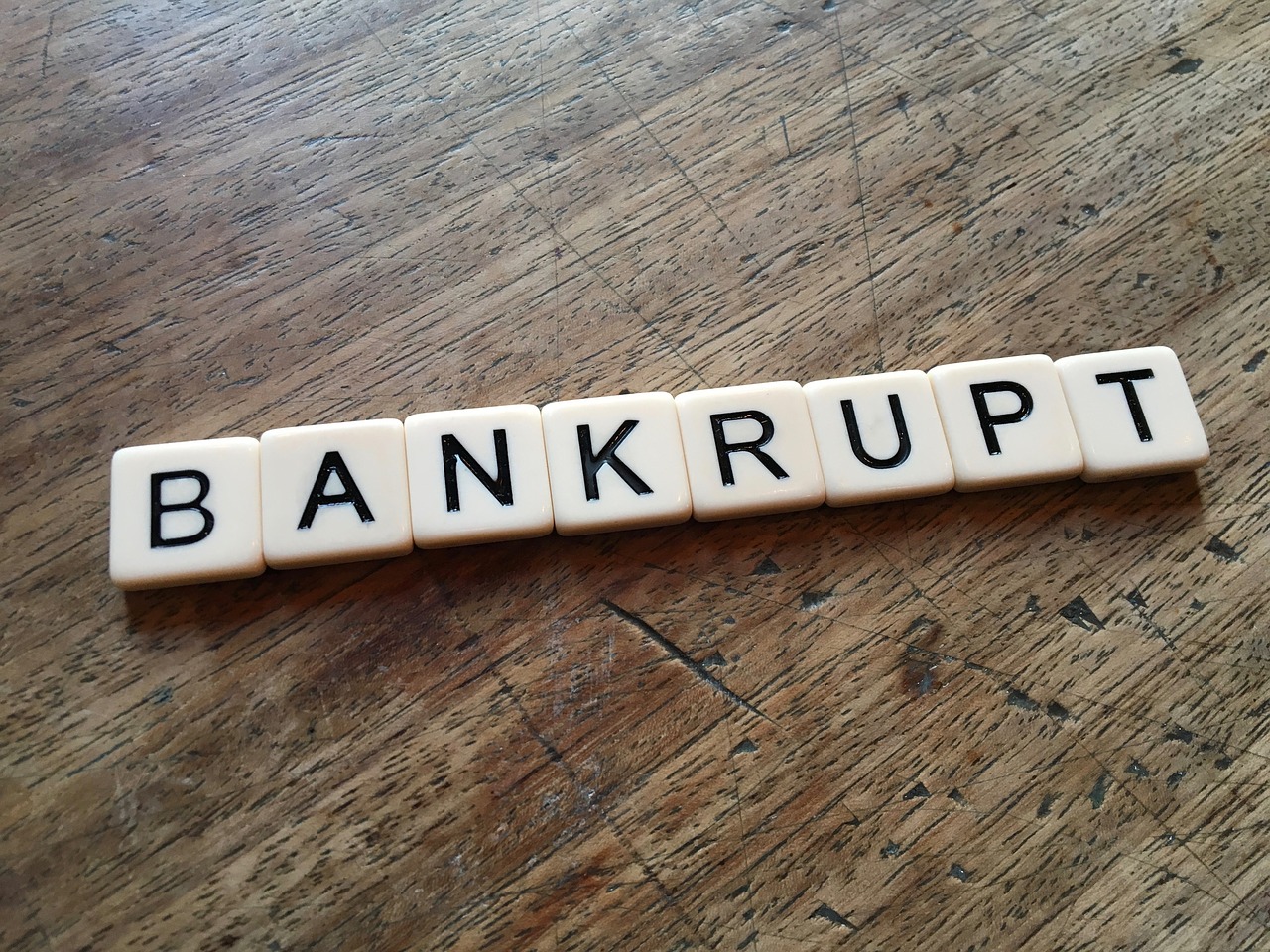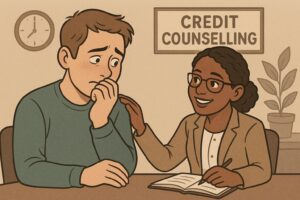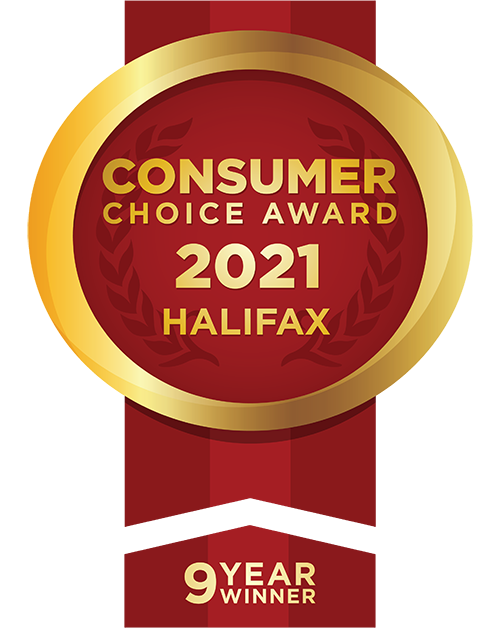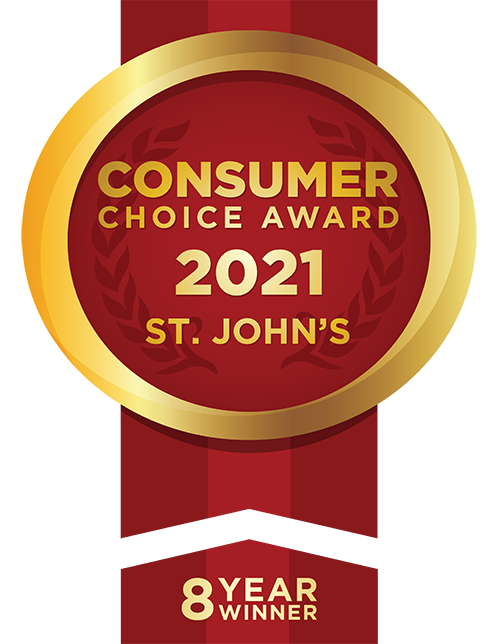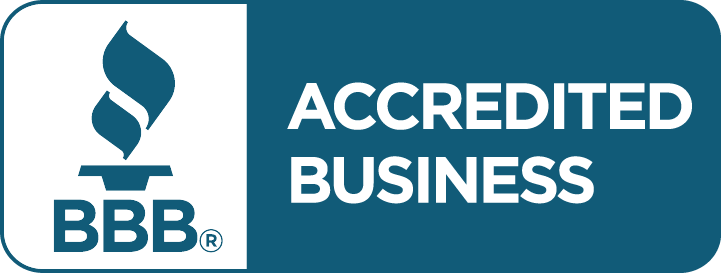Bankruptcy is often the first thing consumers think about when they find themselves in financial distress. However, it is not a decision to be taken lightly and can affect your credit for several years.
Declaring bankruptcy can be a good decision for some people, but rarely is it anyone’s best “first option” when dealing with debt. Many people choose bankruptcy because they think it’s the easiest way out, but most don’t realize that there are costs associated with filing personal bankruptcy and that this information also becomes a matter of public record.
There are alternatives to bankruptcy and it is in your best interest to be well-informed before making such a serious decision that could have such a big impact on your financial future.If you think that you might need to file for bankruptcy, talk to a credit counsellor first. A not-for-profit credit counselling agency such as SolveYourDebts.com will always have your best interest at heart and will help you try to avoid bankruptcy wherever possible.
Will filing for bankruptcy get rid of all my debts?
That all depends on the type of debt and the status of your payments. There are some debts that may remain, even in bankruptcy. Here are some examples of debts that stay:
- Student loans that do not meet the required waiting period of seven years following study (five years following study under a hardship provision)
- Child and spousal support
- Fines and most court-ordered restitution payments
- Court-awarded damages for sexual assault or intentionally inflicting bodily harm
- Debts that arose as a result of fraud or theft
- Certain government overpayments
What are the fees for declaring bankruptcy?
The fees associated with declaring personal bankruptcy depend on how much you own, how much you earn, and your family size. There are many factors taken into consideration such as your assets, earnings and surplus income. Bankruptcy involves administrative costs, including court fees, mailing costs and government fees for filing. You will be required to pay the trustee for the administration of your estate. Oftentimes, the bankruptcy fees are rolled into your overall monthly payment, so it might seem lower than it is.
Will I lose my house if I file for bankruptcy?
The laws in each province are different, but the basic concept is the same. You can’t keep a house in bankruptcy if you have a lot of equity in it at the time you go bankrupt. To determine the equity in your home, subtract the remaining balance on your mortgage from the value of your home. If your house has substantial equity, your trustee will either seize your house and sell it, or make arrangements with you to repay your equity. The rules regarding houses can be complicated.
Are student loans included in bankruptcy?
Before filing for personal bankruptcy, there is a waiting period before student loan debt will be eliminated. There are two key waiting periods with regard to student loans:
- Seven years from the date of the end of your education
- Five years from the date of the end of your education in the case of an extreme hardship provision
How does filing bankruptcy affect my taxes?
Part of the bankruptcy process includes your trustee filing your income tax return for you. If you did not file a tax return for the year prior to declaring bankruptcy, your trustee will do that first. Then they will file a return for the period of January 1 until the day prior to you filing for bankruptcy. Any refunds or tax credits from the government will be sent to your trustee and form a part of your estate. Find out more about bankruptcy and income taxes from the Canada Revenue Agency.
Does filing for bankruptcy affect my spouse?
Your spouse is only liable for debt they have signed for. If you took out a loan and your spouse co-signed for it, it is also legally their loan. Similarly, if you both have a credit card on the same account, the credit card debt legally belongs to both of you.
There may be an indirect impact on your spouse in the future as you are trying to rebuild your credit. You might not be eligible to co-sign or obtain credit or may even be subject to higher interest rates.
Contact us for more information about bankruptcy and help with your debt
We have been helping consumers get debt relief since 1994. If you aren’t sure if bankruptcy is the right debt solution for you, we can help. Contact us today for a free, confidential consultation with one of our accredited counsellors.

